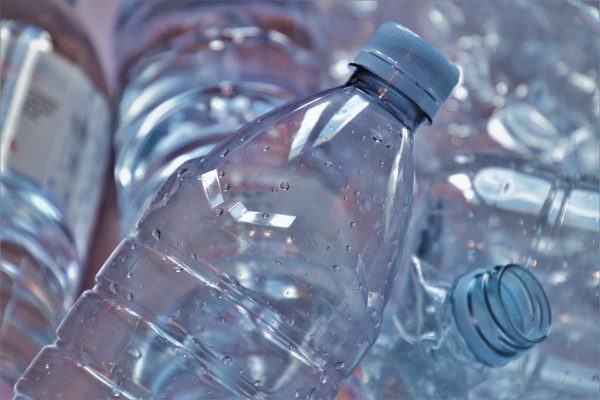Plastic-eating bacteria could help to one day tackle some of the 14 million tons of plastic that is offloaded into our oceans every year. Plastic pollution leads to severe impact on marine ecosystems and can affect human health. For example, once plastic enters the ocean it can suffocate and entangle animals, according to the International Union for Conservation of Nature (IUCN).
Microplastics are also ingested by many marine species that are both preyed upon by other species and that we catch for food. Once ingested, microplastics can leach the toxic contaminants that have collected on their surface into the body of the organism that has consumed it, according to the IUCN.
Those toxins can accumulate and transfer up the food chain from marine life into humans, whenever we eat something that has been taken from the sea. On land, the majority of plastic ends up either building up in landfills or burnt into incinerators, which releases toxic fumes. Just 16% of all plastic produced is recycled to make new plastic, according to the BBC (opens in new tab).


